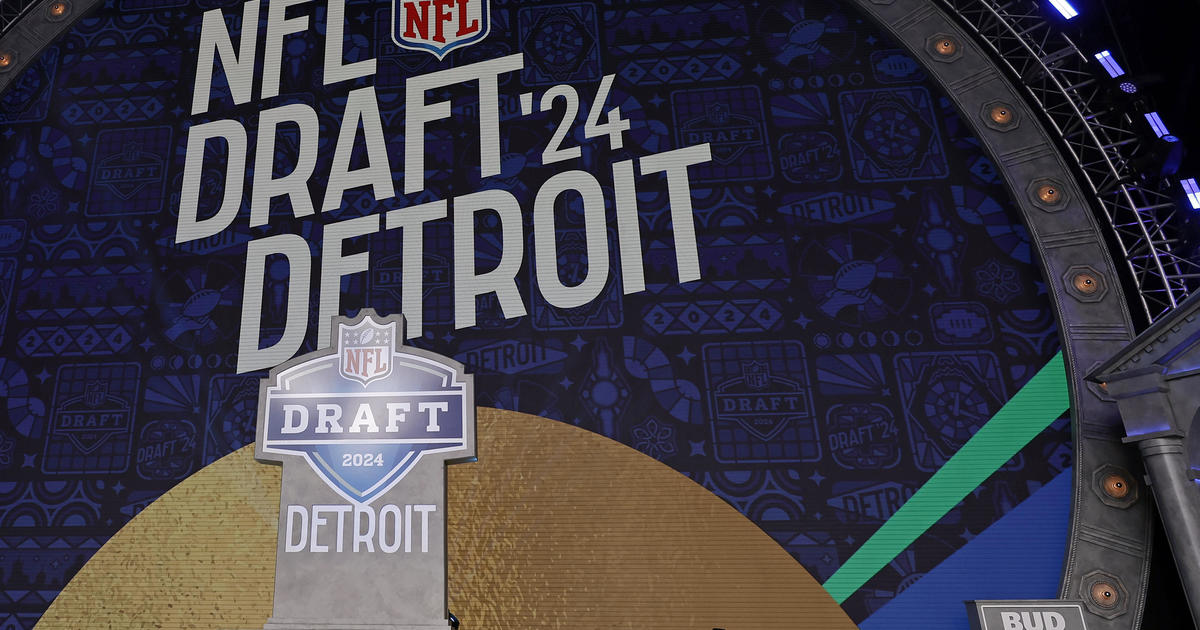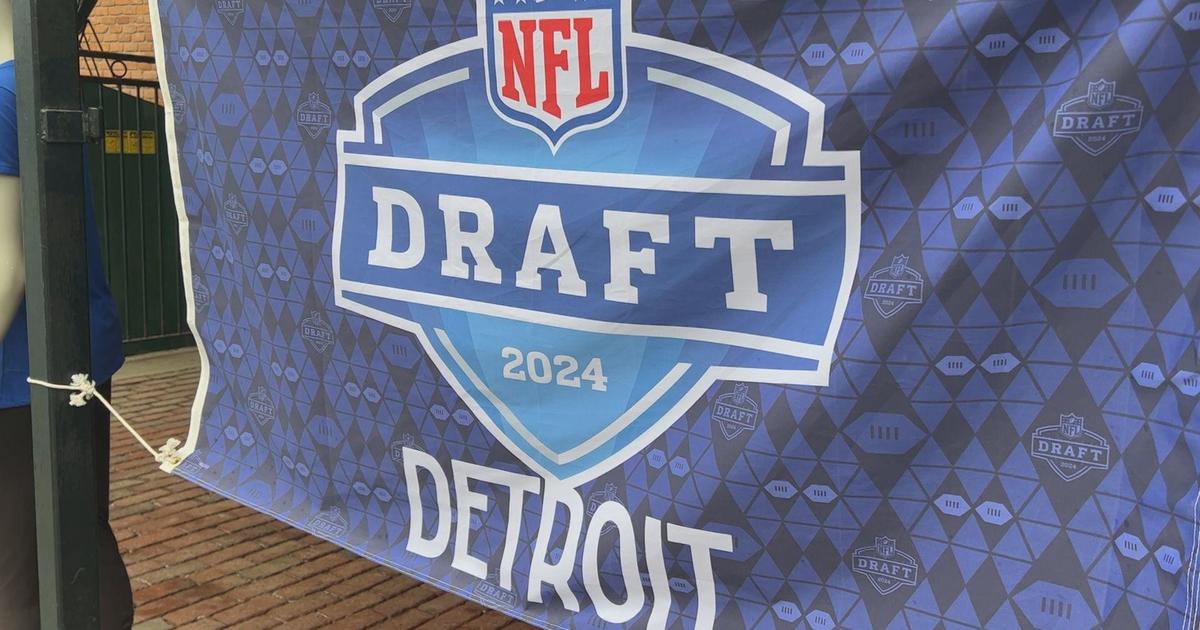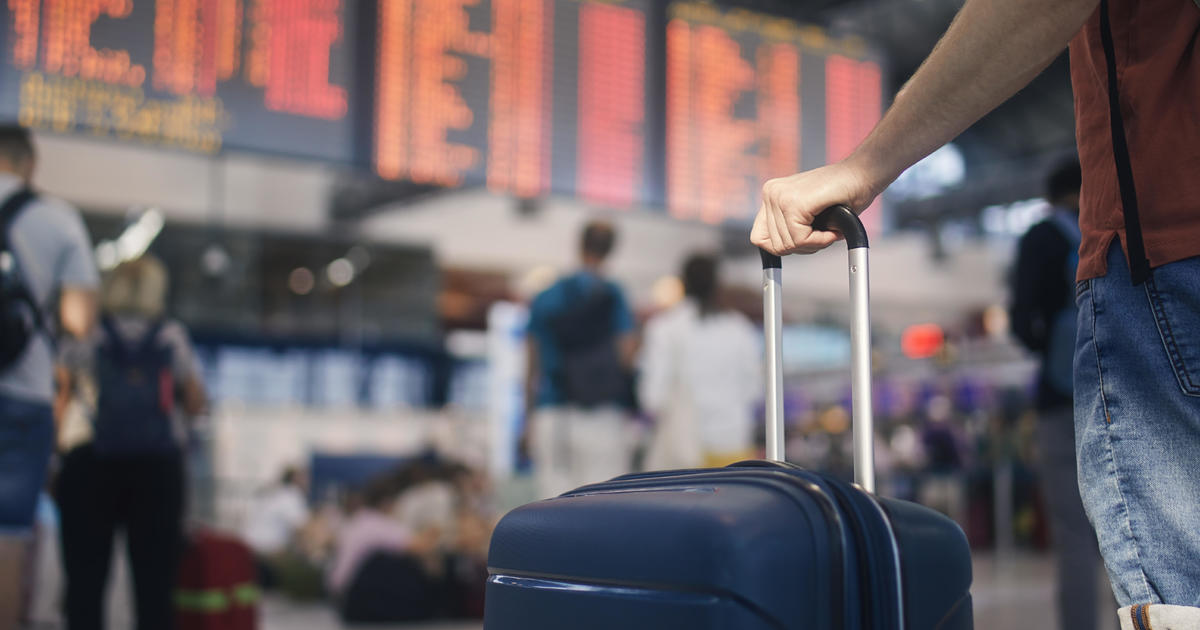What Should You Do With COVID-19 Vaccination Card After Getting Both Doses?
(CBS Local)- Vaccination rates in the U.S. continue to rise with the latest data from the Centers For Disease Control showing that roughly half of the country's population has received at least one dose of the COVID-19 vaccine. The percentage of people who are fully vaccinated sits right around 30 percent of Americans. As more and more people receive their full allotment of the vaccine, the question is what do you do with the vaccine card afterwards?
The CDC recommends taking a picture of the card as a backup in the event that you lose it. In addition, the agency says you should hold on to your card in case you need it for future use.
If you don't receive a vaccination card at your visit, the CDC says you should contact the vaccination site provider or your state health department to get more information on how to get a card.
Another question that arises surrounding the card is whether or not you should protect it by getting it laminated. Office supply stores like Office Depot and Staples have announced that they will laminate your vaccine card for free. However, some experts say that you shouldn't laminate the card in case more information needs to be added to the card at a later date. With Pfizer's CEO saying last week that it's likely people will need a third dose between six and 12 months, it's likely that more info will be needed to be added to those cards.
But, Dr. Maureen Miller told CBS News that she's in favor of laminating the cards because record-keeping of who has and hasn't been vaccinated "will have evolved" by the time a booster shot comes.
Should You Keep Your COVID-19 Vaccine Card With You In Public?
Experts told CBS News that you should store the card someplace safe at home ideally keeping it with other important medical records and documents.
"It doesn't need to be carried at all times at this point, unless you're traveling or doing something else where you'll have to provide proof of vaccination," Dr. Megan Ranney, an emergency physician at Rhode Island Hospital said.
Instead, the experts recommend keeping the digital copy of the card, via a photo on your phone, with you wherever you go.



